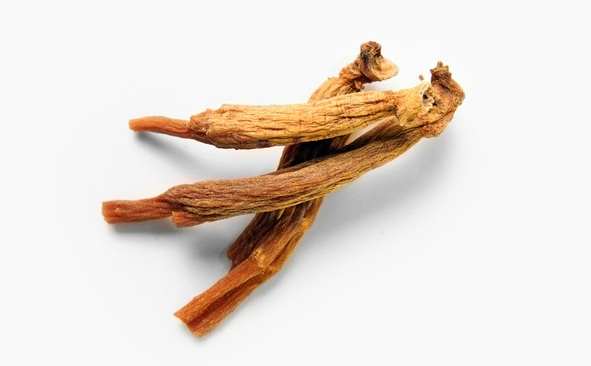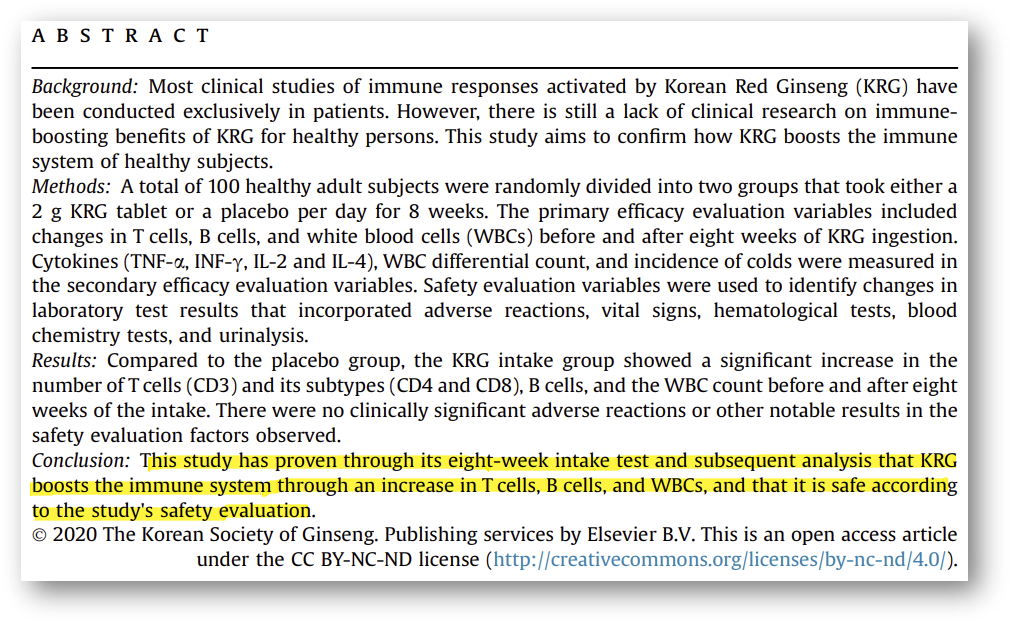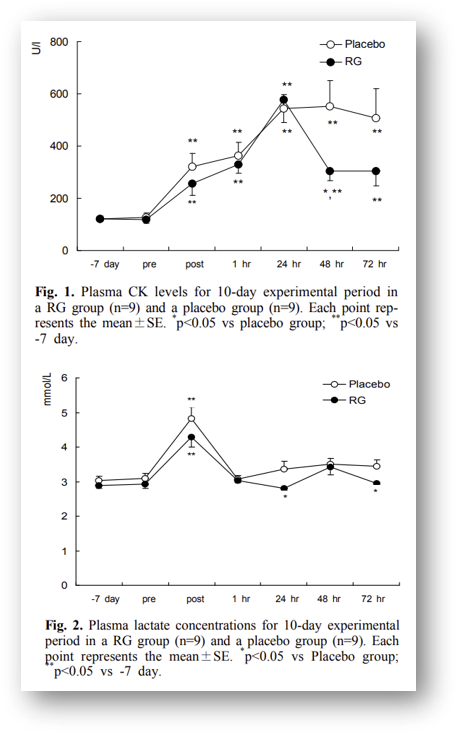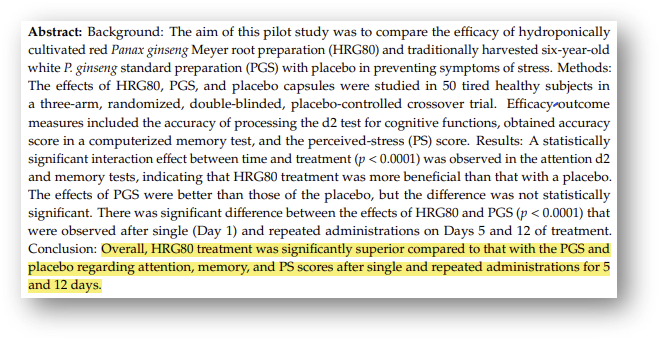We will tell you the real benefits of red ginseng, the national health food.
immunity2. Improves
physical fatigue

Hello. I'm a pharmacist Jinny.
It is a nutritional supplement loved by people of all ages, from children, examinees, office workers to the 5060 generation, and a regular customer for holiday gifts, and it is not out of place to call it a "national health food."
It is said that the history of consuming red ginseng in Korea is more than 1,000 years old. Historically, it can be traced back to the Goryeo Book of Scriptures, a record of an envoy from the Song Dynasty visiting Goryeo [1]. In addition, traditional Chinese medicine considers red ginseng to have the effect of replenishing the body's qi when the energy is low [2].
Therefore, today, we will find out whether red ginseng really deserves to be called a national health food and the benefits of red ginseng through research.
Immunity is divided into 'innate immunity' and 'acquired immunity'. Innate immunity is the immunity that is inherited from birth, and refers to the immune response by cells such as macrophages and natural killer cells (NK cells). Acquired immunity is an immune response by T cells and B cells, which refers to an immune response that remembers a specific pathogen that has invaded the body and responds quickly when the pathogen invades again.
Red ginseng enhances both innate and acquired immunity, so it can be considered a material that affects immunity in all directions. In a 2021 clinical trial of 100 healthy adults, 2 grams of red ginseng daily for 8 weeks increased T and B cells in the spleen and thymus, and the number of white blood cells in the blood increased.

"The study demonstrated that red ginseng strengthens the immune system by increasing T cells, B cells, and white blood cells through an eight-week trial and subsequent analysis."
It is no exaggeration to say that modern people are always tired. Especially the day after you exert yourself physically, or when you're not feeling well, you may experience muscle pain in every corner of your body. This muscle pain is caused by the accumulation of 'fatigue substances' that occur when the muscles are used. These fatigue substances include creatine*, which is produced from lactic acid and creatine kinase (CK) [3]. Therefore, the accumulation of lactic acid and creatine phosphorylase (CK) in the body is directly related to physical fatigue.
*Creatine: An amino acid-like substance that is abundant in muscle
Jung, H. L. and colleagues published a clinical study in 2010 in which red ginseng consumption significantly reduced blood lactate levels and creatine kinase (CK) levels compared to placebo groups [5].

"We found that creatine kinase (CK) and lactate levels measured 48 hours after exercise were significantly lower in the red ginseng group compared to the placebo group."
The reason why red ginseng is consistently loved as a nutritional supplement for examinees and the elderly is that it is one of the few nutritional supplements that helps improve immunity, fatigue, and memory.
In this regard, a cell experiment study on the memory improvement benefits of ginsenosides, a key ingredient contained in red ginseng, revealed that ginsenosides have neurotrophic and selective neuroprotective effects that may contribute to the improvement of cognitive function [6]. Furthermore, the benefits of red ginseng in improving memory have been proven through human application tests.
In a 2020 study by Mariage, when subjects were given red ginseng powder for two weeks, it was shown to improve attention, memory, and stress [7].

"Overall, red ginseng powder (HRG80) was significantly superior to the placebo group in attention, memory, and stress scores."
Today, we took a look at the academic research on red ginseng, which is the national health food. In addition to the aforementioned effects of boosting immunity, improving fatigue, and improving memory, red ginseng is a material that has been researched for a wide variety of benefits such as antioxidants, blood circulation health, and menopausal women's health.
But as usual, even if a material has a lot of benefits, 100 may not be beneficial to everyone if it is 100. Those who are taking anti-contaminating drugs or anti-congealants should be careful about consuming red ginseng. This is because the ginsenosides contained in red ginseng can reduce platelet clotting and enhance the blood sugar-lowering effect.
In addition, red ginseng may cause allergies due to ingestion, and adverse events may occur depending on the individual's constitution. Therefore, if you experience symptoms such as hives or itching during ingestion, we recommend that you stop taking it and consult your doctor.
I hope you have a healthy day in body and mind. It was Jinny.
[1] Glossary of Cultural Circles <Red Ginseng >
[2] Doosan Encyclopedia <Red Ginseng>
[3] Hyun, S. H., Ahn, H.-Y., Kim, H.-J., Kim, S. W., So, S.-H., In, G., ... Han, C.-K. (2020). Immuno-enhancement effects of Korean Red Ginseng in healthy adults: a randomized, double-blind, placebo-controlled trial. Journal of Ginseng Research.
[4] Dictionary of Life Sciences <Piro>
[5] Jung, H. L, Kim, B. S., Lee, C. D., Na, H. J., Kim, S. S., Kim, Y. C., & Kang, H. Y. (2010). Effects of Red Ginseng Intake on Muscle Injury Due to Eccentric Exercise. Preventive Nutrition and Food Science, 15(2), 88-91.
[6] Rudakewich, M., Ba, F., & Benishin, C. (2001). Neurotrophic and Neuroprotective Actions of Ginsenosides Rb1 and Rg1. Planta Medica, 67(06), 533–537.
[7] Mariage, P.-A., Hovhannisyan, A., & Panossian, A. G. (2020). Efficacy of Panax ginseng Meyer Herbal Preparation HRG80 in Preventing and Mitigating Stress-Induced Failure of Cognitive Functions in Healthy Subjects: A Pilot, Randomized, Double-Blind, Placebo-Controlled Crossover Trial. Pharmaceuticals, 13(4), 57




![[Fermented Black Garlic SAC] Improves brain fatigue, 3 benefits of Fermented Black Garlic SAC](http://esther-mall.com/cdn/shop/articles/55.jpg?v=1734026755&width=480)